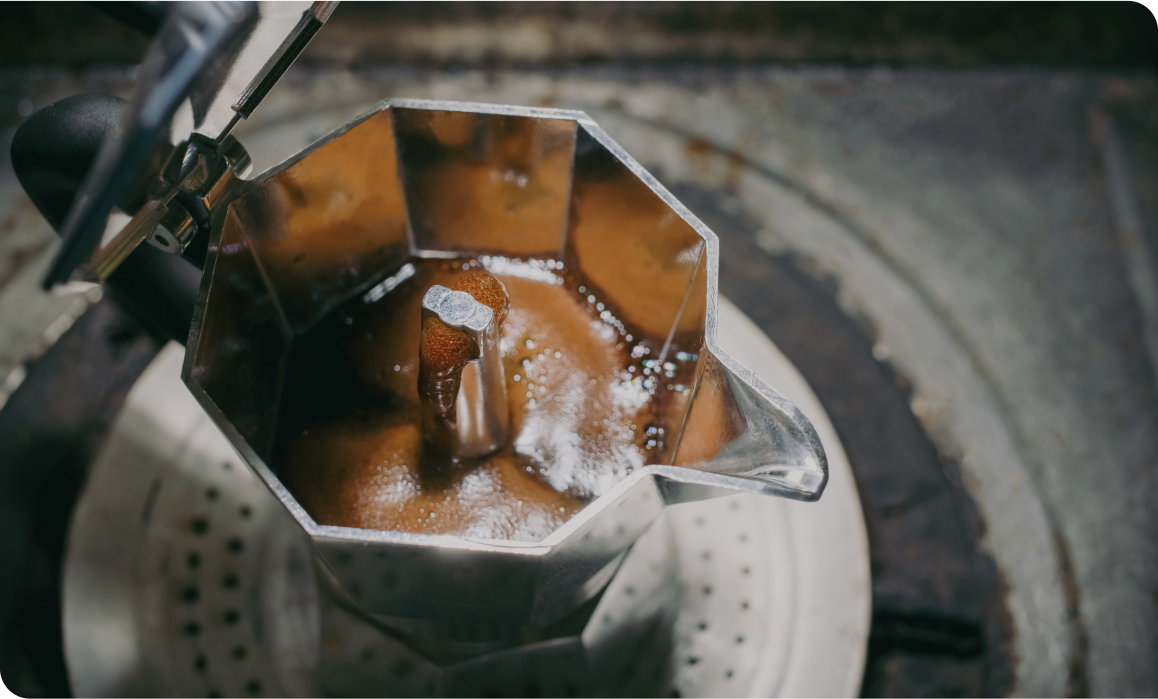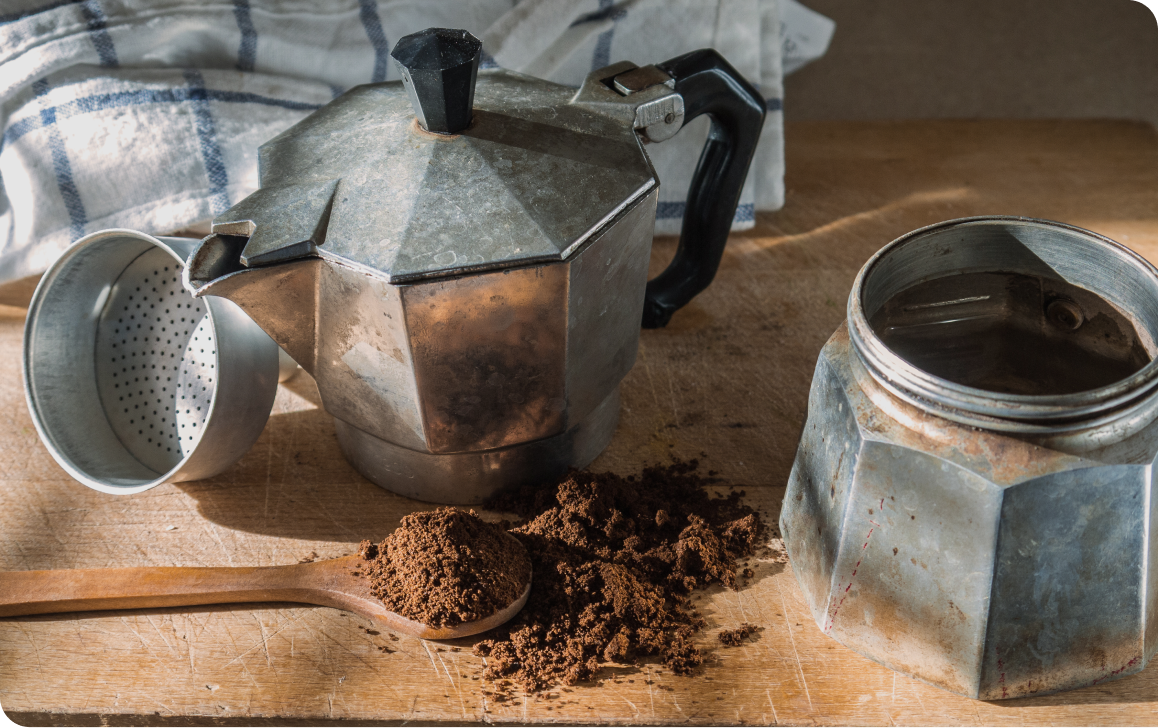This is why you can drink coffee during pregnancy
Drinking coffee during pregnancy should not be banned. Science suggests one can have up to two cups a day. The key? Moderation and attention to the (total) intake of caffeine.
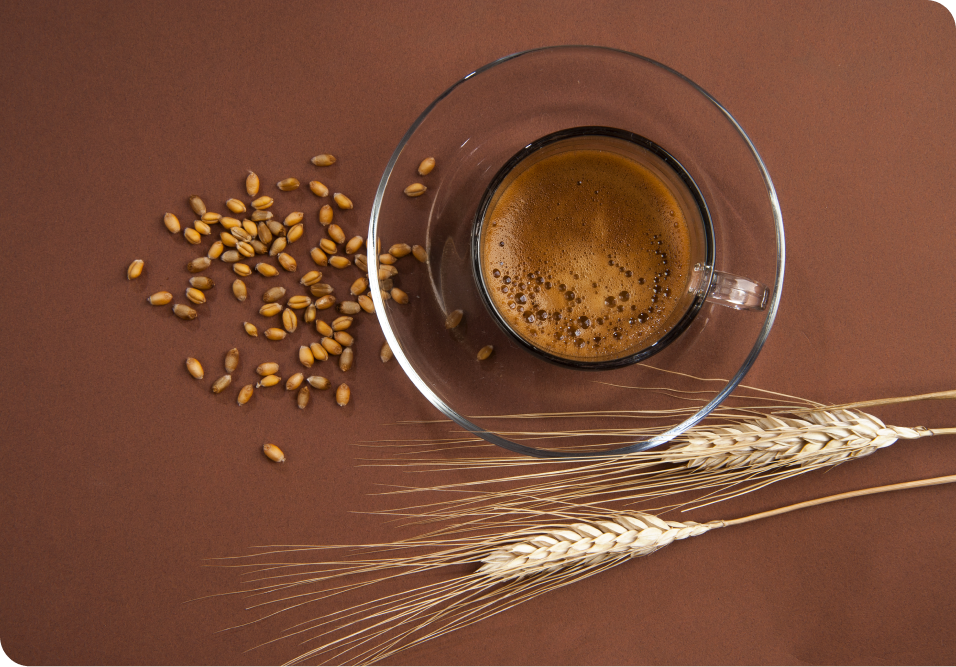
- Drinking coffee during pregnancy has always been up for debate. But the spotlight should be on caffeine rather than coffee itself.
- Scientific studies suggest it is ok to drink coffee during pregnancy, with one caveat: moderation.
- From tea to chocolate and cola: coffee is not the only product that contains caffeine.
- Nausea, headaches and heartburn: an excess of caffeine can hurt expecting mothers.
- Too much caffeine during pregnancy, especially in combination with smoking and alcohol, can also have negative consequences on the baby.
- In order to limit caffeine intake, one can opt for decaffeinated coffee or barley coffee.
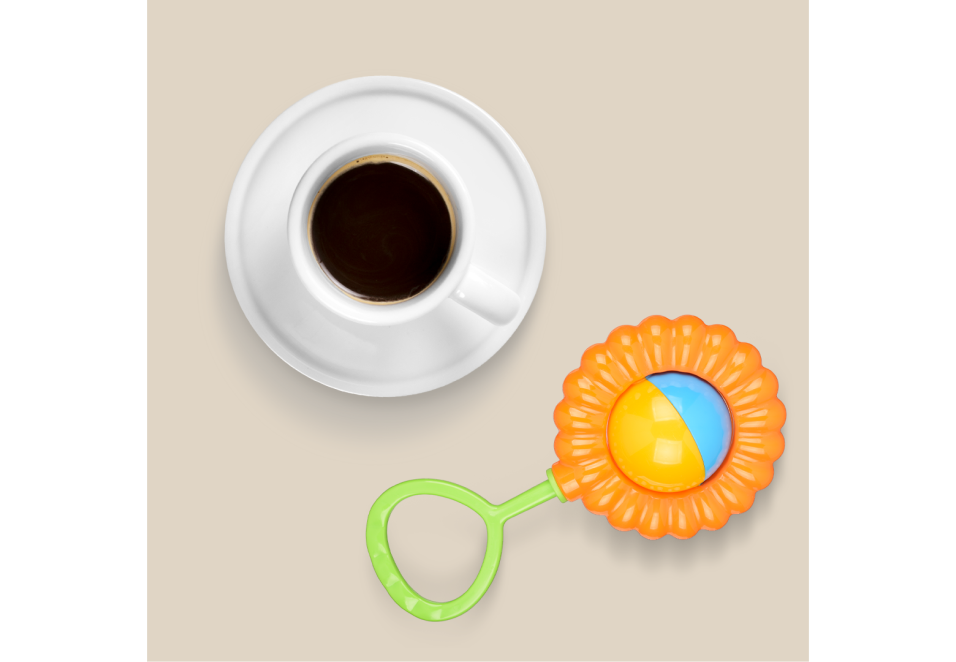
A controversial debate
Can you drink coffee when you are pregnant? If so, how many cups per day can you have? Expecting a baby is a special moment for a future mother. At the same time, it is the source of various questions. For example, which dietary habits should one favor in order to ensure their’s and their unborn child’s well-being?
When it comes to coffee, opinions on its intake during pregnancy have always been rather mixed. It is true that some scientific studies have highlighted certain risks. However, these are associated with high caffeine consumption. A substance that, as we will see, is not only contained in coffee. The best way to know your way around the do’s and don’ts, is to follow the recommendations of the major national and international organizations in the field of Health. In case of any doubt or if particular clinical conditions are involved, it is recommended to talk to a doctor.
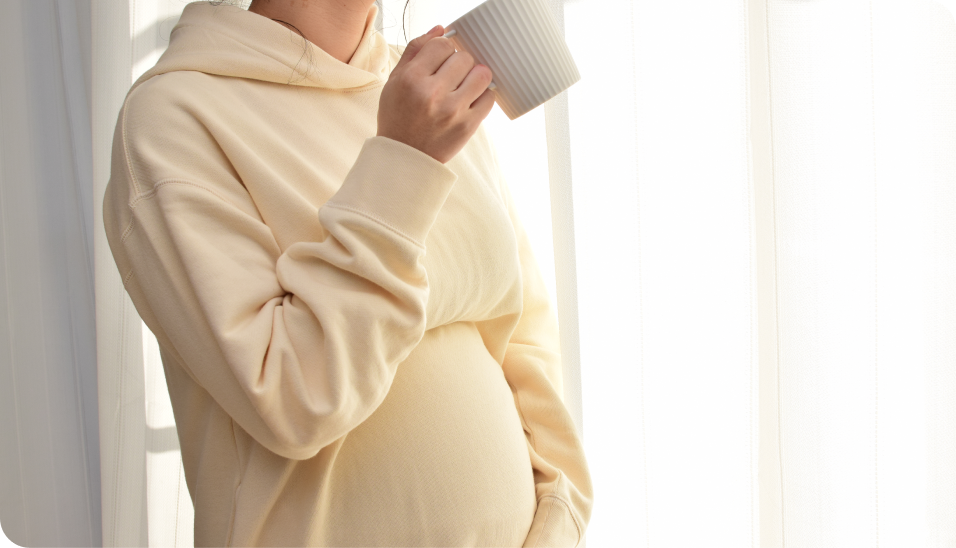
Science gives the go-ahead for coffee consumption (in moderation)
during pregnancy
Drinking coffee during pregnancy can continue to be a pleasant daily ritual. Italy’s ministerial guidelines for healthy eating and the European Food Safety Authority¹ echo this. The important thing is not to exceed the recommended amount of caffeine per day, equal to 200 mg (300 mg, for the World Health Organization). That is the equivalent of two cups of coffee. This is half the maximum recommended dose for healthy adults.
It is important to note that the amount of caffeine in coffee fluctuates according to several parameters. Among these: the variety of coffee used, the type of processing and the preparation itself (espresso, Moka). To give an example, a 35 ml cup of espresso contains on average 80 mg of caffeine, while in 50 ml of coffee made with Moka there can be 120 mg².
Beware: caffeine is not just in coffee
Drinking coffee during pregnancy is permissible. But on one condition: moderation. It is not just about how much coffee a future mother drinks, but how much caffeine she consumes in total throughout a day.
For this reason, it should be emphasized that caffeine is not only found in coffee. This alkaloid is also present in other beverages, such as tea and cola. Caffeine is also contained in various foods of plant origin, such as chocolate.
It is therefore necessary to pay attention to the total amount of caffeine intake, in order to stay within the limit of 200 mg per day. To repeatedly exceed this amount could have repercussions on both the mother and the child.

Too much caffeine? Here is what happens to the expecting mom...
The most frequent problems that a woman may experience due to an excessive consumption of caffeine during pregnancy are:
- nausea;
- headaches;
- increased heart rate and blood pressure;
- insomnia.
In addition, especially in the third trimester, future mothers may experience heartburn, a burning sensation in the mid-abdomen associated with reflux. Drinking too much coffee during pregnancy is not only addictive but can also lead to dehydration. In fact, caffeine has diuretic properties that can deplete the body of water and calcium.
A caffeine intake of less than 200 mg per day, on the other hand, could reduce the likelihood of developing gestational diabetes, as highlighted by a recent study³. When examined, the sample of women showed lower blood sugar levels and a better cardiometabolic profile, compared to pregnant women who did not consume caffeine at all.
... and to her baby
Caffeine can also have direct effects on the baby in the womb. In fact, caffeine crosses the placenta, but the fetus, not yet having the ability to metabolize it, can develop anomalies.
An excess of caffeine during gestation, especially in combination with smoking and alcohol, can create distress for the fetus. Some of the potential problems are:
- withdrawal symptoms;
- increased heart rate;
- arrhythmia.
When we talk about coffee and pregnancy, it is particularly important to also pay attention to breastfeeding. The stimulating substance, in fact, can be transferred to the baby through the mother's milk, causing irritability and sleep disturbances in the newborn. In this case, once again, experts recommend moderation. Coffee is not prohibited during breastfeeding but it is important to not overdo it (just 2 cups a day) and to drink it outside of feeding hours.
Decaf and barley: alternative or complementary drinks to coffee
For those wishing to minimize their caffeine intake during pregnancy, decaffeinated coffee is a valid alternative to regular coffee. The so-called decaf, in fact, contains a modest quantity of caffeine, ranging from 1 to 7 mg. Some experts, however, recommend limiting its use to avoid ingesting the chemical agents used in the caffeine extraction process. Chemicals that, truth be told, are largely eliminated during the roasting phase.
Barley-based substitutes (also known as barley coffee) have no side effects. Free of caffeine, they have digestive and anti-inflammatory properties. Not only that: they are useful for women who are breastfeeding as they stimulate the production of milk. However, those mothers who are allergic to gluten should avoid barley coffee, as it contains gluten.
NOTES
¹ Indications can be found in Linee Guida per una sana alimentazione, CREA and in La valutazione del rischio spiegata dall'EFSA: la caffeina.
² Source: How Much Caffeine in Coffee Cup? Effects of Processing Operations, Extraction Methods and Variables.
³ Assessment of Caffeine Consumption and Maternal Cardiometabolic Pregnancy Complications

